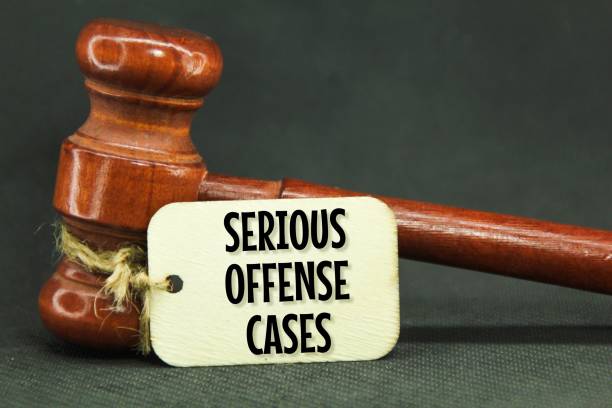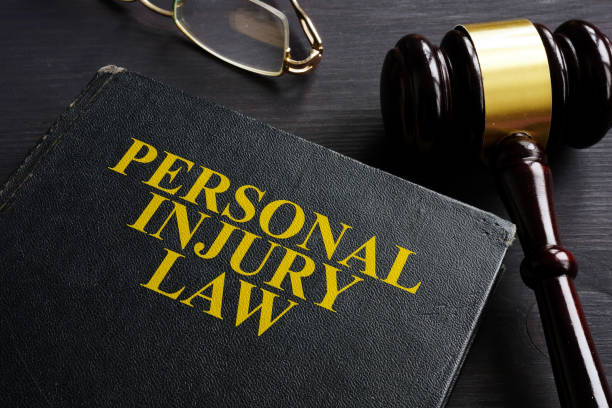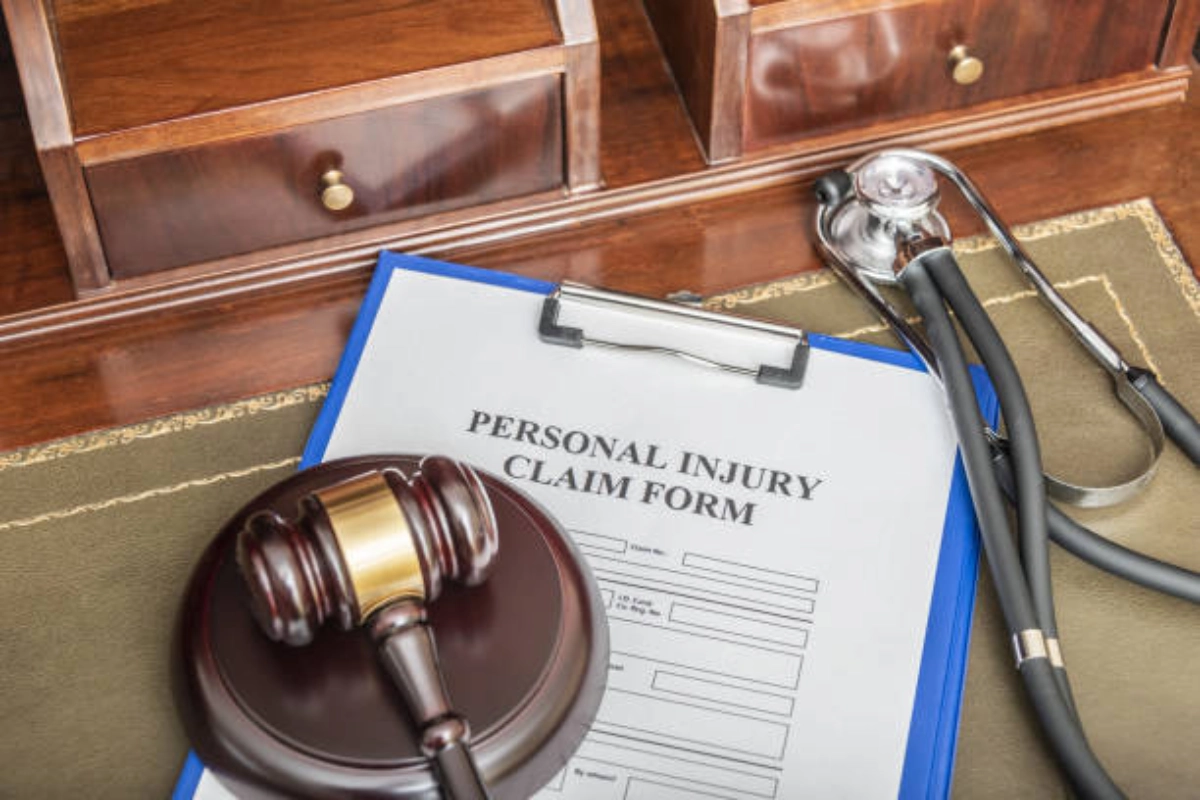Negligence in Personal Injury Cases
Negligence is an important part of personal injury cases. It means someone did not take proper care, which led to harm. There are four key parts to proving negligence: duty, breach, causation, and damages.

Ready to connect with top legal professionals? Get immediate support— Call us at 877-550-8911.
Connect with Our Legal Team
The Four Parts of Negligence
- Duty – The person at fault must have had a duty to act responsibly. For example, drivers must follow traffic laws to keep others safe.
- Breach – They must have failed to meet this duty by acting carelessly, such as running a red light.
- Causation – Their actions must have directly caused the injury. A clear link is needed between their actions and the harm caused.
- Damages – The injured person must have real losses, such as medical bills or lost wages. These losses must be proven to make a strong case.
If you are dealing with a personal injury claim, speaking with a legal expert in San Antonio can help you move forward.
Collecting Evidence for Your Claim
Strong evidence is key in proving negligence. Follow these steps to build a solid case:
- Take Photos – Capture the accident scene, injuries, and anything that contributed to it.
- Gather Witness Statements – If anyone saw what happened, collect their contact details and ask for a statement.
- Keep Medical Records – These documents prove the severity of injuries and link them to the accident.
A personal injury lawyer in San Antonio can guide you on gathering the right evidence to strengthen your claim.
How Witnesses Help Prove Negligence
Witnesses play a crucial role in personal injury cases. Their statements provide an unbiased account of what happened and can confirm key details.
- Bystanders – People who saw the accident firsthand can provide valuable insight.
- Experts – Specialists can explain safety rules and whether they were followed.
Collecting witness statements quickly is essential since memories fade over time. A personal injury attorney in San Antonio can assist in gathering and using witness statements effectively.
Defenses Against Negligence Claims

Defendants in personal injury cases often use the following arguments to avoid liability:
- Contributory Negligence – They may claim the injured person was partially at fault, reducing the compensation amount.
- Assumption of Risk – If the injured person knowingly engaged in a risky activity, the defendant may argue that they accepted the potential danger.
- No Direct Causation – The defense may claim that the injury was pre-existing or caused by something else.
If you face these defenses, an experienced personal injury attorney in San Antonio can help counter them effectively.
Calculating Compensation in Personal Injury Cases
Compensation in personal injury cases covers both financial and non-financial losses:
- Financial Losses – Medical bills, lost wages, and property damage.
- Non-Financial Losses – Pain, emotional stress, and reduced quality of life.
Keeping records of all expenses is essential to securing fair compensation. In cases of extreme carelessness, courts may award extra money as punishment. A lawyer can help ensure you receive the compensation you deserve.
Working with a Personal Injury Lawyer

Hiring a personal injury lawyer increases your chances of success. They help by:
- Gathering evidence and proving negligence.
- Handling legal paperwork and ensuring deadlines are met.
- Fighting for fair compensation.
When choosing a lawyer in San Antonio, look for experience and a strong track record. A good lawyer keeps you updated and answers your questions promptly.
Frequently Asked Questions (FAQs)
1. What should I do immediately after a personal injury accident?
Document the scene, take photos, gather witness information, and seek medical attention. Contact a personal injury lawyer for legal advice.
2. How long do I have to file a personal injury claim in San Antonio?
The statute of limitations for personal injury claims in Texas is generally two years from the date of the accident.
3. How is compensation determined in a personal injury case?
It is based on medical expenses, lost wages, emotional distress, and the severity of injuries.
4. Can I still recover damages if I was partially at fault?
Yes, Texas follows a modified comparative negligence rule. If you are less than 51% at fault, you may still recover damages.
5. How much does it cost to hire a personal injury lawyer?
Most personal injury lawyers work on a contingency fee basis, meaning you only pay if you win your case.
Don’t wait to secure the legal representation you deserve. Visit Legal Case Review today for free quotes and tailored guidance, or call 877-550-8911 for immediate assistance.


 Defendants in personal injury cases often use the following arguments to avoid liability:
Defendants in personal injury cases often use the following arguments to avoid liability:
 Hiring a personal injury lawyer increases your chances of success. They help by:
Hiring a personal injury lawyer increases your chances of success. They help by:


